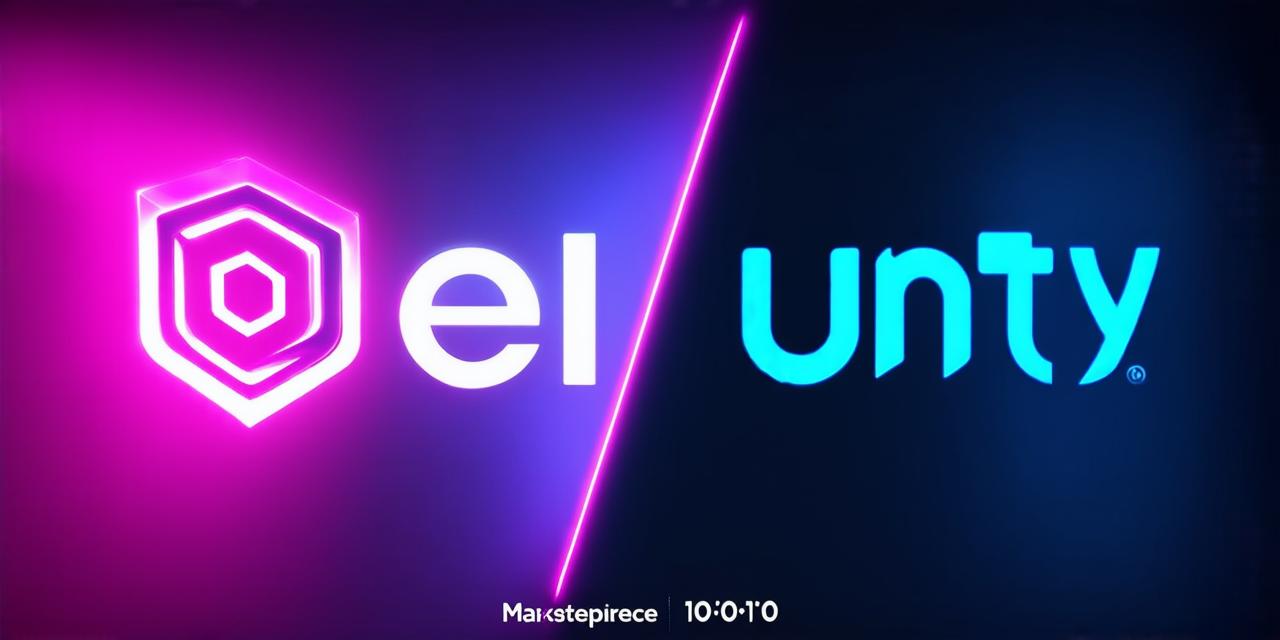When it comes to game development, there are several platforms available for developers to create their games on. Two of the most popular are
Unreal Engine
and
Unity
. In this article, we will compare and contrast these two game development platforms and determine which is superior.
Unreal Engine
Unreal Engine
was first released in 1998 by Epic Games. It has since become a leading platform for creating high-quality games. Some of the features that make
Unreal Engine
stand out include:
- High-performance graphics rendering
- A wide range of built-in tools and assets for game development
- Support for virtual reality (VR) and augmented reality (AR)
- Cross-platform support for multiple devices, including PC, console, mobile, and VR/AR
- Advanced physics simulation capabilities
- Large community support and resources
Unity
Unity
was first released in 2005 by
Unity
Technologies. It has since become a popular platform for creating games of all types, from 2D to 3D.
- Cross-platform support for multiple devices, including PC, console, mobile, and web
- A user-friendly interface and drag-and-drop tools for easy game development
- Built-in physics simulation capabilities
- Large library of assets and tools for game development, including pre-made characters, environments, and effects
- Support for VR and AR

Which Platform is Superior?
When deciding which platform to use for your game development project, there are several factors to consider. These include the type of game you are developing, your level of experience, and your budget.
If you are developing a high-performance, graphics-intensive game,
Unreal Engine
may be the better choice due to its advanced graphics rendering capabilities and support for VR/AR. However, if you are new to game development or have limited resources,
Unity
may be a better option due to its user-friendly interface and large library of assets and tools.
Ultimately, both
Unreal Engine
and
Unity
are excellent platforms for game development. The choice between the two will depend on your specific needs and preferences.


